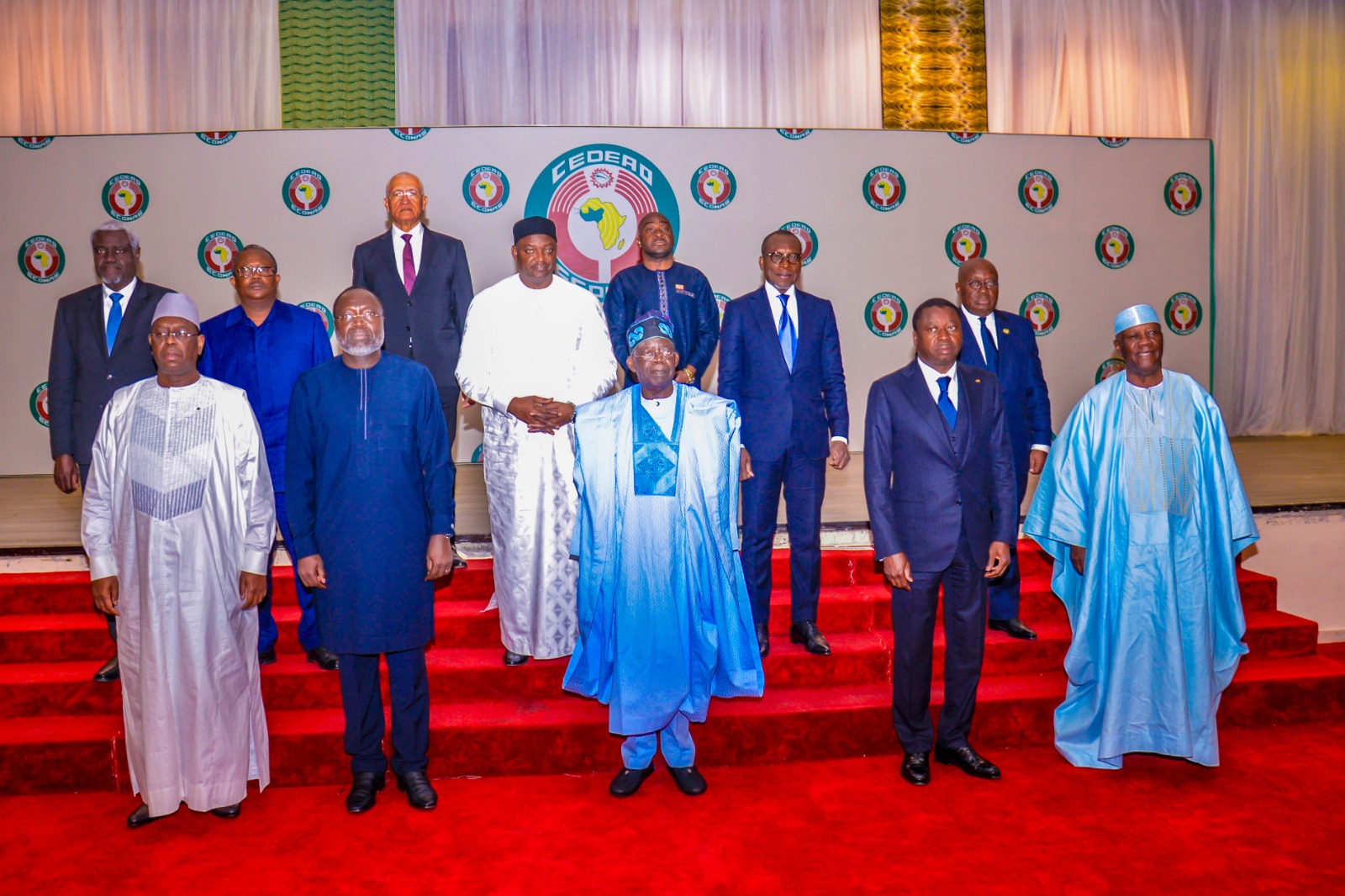In July 2023, Niger, a longstanding Western ally in West Africa, has experienced a coup d’état. This came in time of French de facto expulsion from Mali and European withdrawal in general, redirecting most of the hopes to Niger. The unexpected coup triggered a strong response from ECOWAS, bringing into question a possible military intervention. Nina Wilén, Director of the Africa Programme at the Egmont Royal Institute for International Relations and Associate Professor at the Department of Political Science at Lund University gave us an interview, explaining the current situation, individual international positions and possible security implications for the region itself.
From what we hear and read, it seems that the July coup d’état in Niger came as a surprise, in spite of the strong ties of Niger and the West. Was it really the case?
Yes, and no. On the one hand observers had long said that Niger had a fragile democracy and that coups are contagious, so from that perspective it was not a surprise. On the other hand, there were no immediate signs before the coup of it taking place. As Yvan Guichaoua and I argue in our piece there is no simple narrative to explain the coup.
Why do you think ECOWAS took such a firm position right from the beginning? The key rule to a successful deterrence is credibility and a show of capability, however, ECOWAS acts a bit unsure when it comes to actually leading the military intervention so far. What lead them to this hesitation? Was it perhaps a mistake, to threaten with a military intervention so early?
Several factors probably led ECOWAS to threaten the use of force: firstly, they wanted to react strongly and try another approach than what they had done in Mali and Burkina Faso, which had not worked, secondly, the coup developed relatively slowly the first 24 hours, so they most likely hoped for the military to be fragmented and not support the coup leaders. Finally, ECOWAS president, Tinubu, had just been elected on a ‘stop the coup’ motto, so he was keen on trying a firm response early on.
The military threat from ECOWAS does seem like a mistake, as it has enabled the military junta to mobilize support domestically and internationally against an external ‘enemy’, and as it seems highly unlikely that a military intervention would resolve the current crisis.

We heard many accusations from the current junta towards France and its “allies” amongst ECOWAS countries, regarding deployments of French military arsenal to countries like Benin, Côte d’Ivoire or Senegal, in so called “preparation for aggression against Niger”. Is the military intervention still on table? If so, will France gain support for it amongst other European countries?
Theoretically the intervention is still on the table, but practically it seems unlikely that it will take place, given the strong opposition both inside ECOWAS states from the population and from other external actors.
Among many commentators and analysts, there is a strong perception, that latest events in Niger are just another manifestation of the global conflict over influence between West (in this case mostly France) and Russia. Meanwhile, many of them, including you, disagree with this. Can you explain, why this is not the case?
The current geopolitical context is of course an important factor to take into account for any analysis of international relations. That does not mean that it can be used as an explanation for each of the events taking place. Reality is much more complex than that.
Presence of Russian Wagner Group in Sahel is undeniable, and their role seems to gain on strength, especially in Mali and Burkina Faso. But do you think that they, or more likely a possible cooperation with them in the aftermath, was a key aspect in the preparations of the coup?
We know now that there is a new defence alliance between Mali, Burkina Faso and Niger which also implies that there is a strong chance that Wagner or whatever constellation Wagner will take in the future, will be part of this collaboration, especially as Russian representatives were present when officials from the three juntas met to discuss this new alliance. Whether this was something planned before the coup is difficult to say.
Do the jihadist groups operating within the region profit from the current situation? Can the Nigerien coup d’état lead, in the end, to worsened security situation in this regard, rather than taking a strong stand towards that?
If we look at the security situation in Mali and Burkina Faso following the coups there, jihadist groups have definitely profited from the political turmoil there. ACLED also showed an increase with over 40% of political violence mostly from jihadist groups in Niger just in the month since the military junta took over, so the situation looks very bleak when it comes to fighting jihadists.
One might say that the recent coup in Niger is yet just another coup d’état in West Africa. But will this one actually cause more of a regional disturbance? Can the possible ECOWAS intervention be the trigger to the next “Great African War”?
It already has caused a lot of regional and continental divisions, as well as international divisions between partners. ECOWAS is divided and questions about its credibility and legitimacy has resurfaced following the coup. The relations between ECOWAS and the AU have been strained because of the coup, and on an international level, France and the US have taken different approaches which seems to have added a stress to their relationship in that region.
 Dr Nina Wilén is the Director of the Africa Programme at the Egmont Royal Institute for International Relations and Associate Professor at the Department of Political Science at Lund University, as well as a Research Leader at IOB at the University of Antwerp. Nina is the Editor-in-Chief for the academic journal “International Peacekeeping.“ and the author of „African Peacekeeping, which came out with Cambridge University Press this year, co-authored with Jonathan Fisher. Her research interests include conflict analysis and peace processes and the relationship between sovereignty and intervention. More specifically she has been doing research on military interventions, Security Force Assistance, Security Sector Reform (SSR), the politics of peacekeeping operations and military sociology. Geographically her research is concentrated in Sub-Saharan Africa, where she has conducted extensive fieldwork in Niger, Liberia, the DRC, Burundi, Rwanda and South Africa.
Dr Nina Wilén is the Director of the Africa Programme at the Egmont Royal Institute for International Relations and Associate Professor at the Department of Political Science at Lund University, as well as a Research Leader at IOB at the University of Antwerp. Nina is the Editor-in-Chief for the academic journal “International Peacekeeping.“ and the author of „African Peacekeeping, which came out with Cambridge University Press this year, co-authored with Jonathan Fisher. Her research interests include conflict analysis and peace processes and the relationship between sovereignty and intervention. More specifically she has been doing research on military interventions, Security Force Assistance, Security Sector Reform (SSR), the politics of peacekeeping operations and military sociology. Geographically her research is concentrated in Sub-Saharan Africa, where she has conducted extensive fieldwork in Niger, Liberia, the DRC, Burundi, Rwanda and South Africa.





